“If modern art loves machines, technology, and organization, if it strives for precision and rejects anything vague or dreamlike, this implies an instinctive denial of chaos and a desire to find a form corresponding to our times.”
— Oskar Schlemmer
The triptych "WOWHAUS" was inspired by Oskar Schlemmer’s "Triadic Ballet", closely connected with the traditions of the Bauhaus school. During its heyday, artists actively responded to the technical and technological progress of their era.
This idea directly resonates with the theme of my own work — the interaction between humans, their environment, and technology. Today, in the 21st century, we are once again witnessing how art is becoming increasingly intertwined with new technological tools, confirming the recurrence of historical processes in a different context.
A special place in the work is given to the use of neural networks: part of the image was created with their help. Although I do not usually employ this tool in my practice, here it became an important emphasis, highlighting the growing presence of artificial intelligence — both in everyday life and in art.
The works are built on three basic shapes — the circle, the square, and the triangle — and on the classical color triad of red, yellow, and blue. These elements were chosen deliberately: they formed the foundation of the Bauhaus visual language and remain fundamental to artistic composition to this day.
WOWHAUS



Meta-tales are a visual synthesis at the junction of the past and the future, where traditional heroes of fairy tales and myths are rethought through the prism of modern technology. These characters are not just fantasy, but a reflection of a possible new view of the world, in which the boundaries between heroes of the past, fantastic images of the future and figures from reality are erased.
Meta-tales








"Contempt for the small and weak allows one to hide feelings of powerlessness and one's own weakness. A strong person, aware of their moments of helplessness, does not need to openly demonstrate contempt for the weak." — Alice Miller
Childhood is often perceived as a period of carefree joy and positive memories. However, for some individuals, childhood is associated with helplessness, weakness, dependence, and powerlessness.
In childhood, a person does not yet possess sufficient autonomy and is forced to rely on adults to meet their basic needs, which can lead to feelings of helplessness and a lack of control over one’s life, as well as a sense of reality falling apart if these needs are not met.
According to cognitive development theory, younger children are not yet capable of distinguishing between their thoughts and feelings and objective reality, which can lead them to project their emotions onto surrounding objects, including their toys. As a result, children may express emotions such as anger, fear, or sadness through their interactions with these objects.
Undoubtedly, such processes are not limited to childhood and can manifest throughout one’s life.
My series reflects these processes and serves as a tool for self-therapy aimed at achieving a more mature level of psycho-emotional development.
#pokapokalipsis
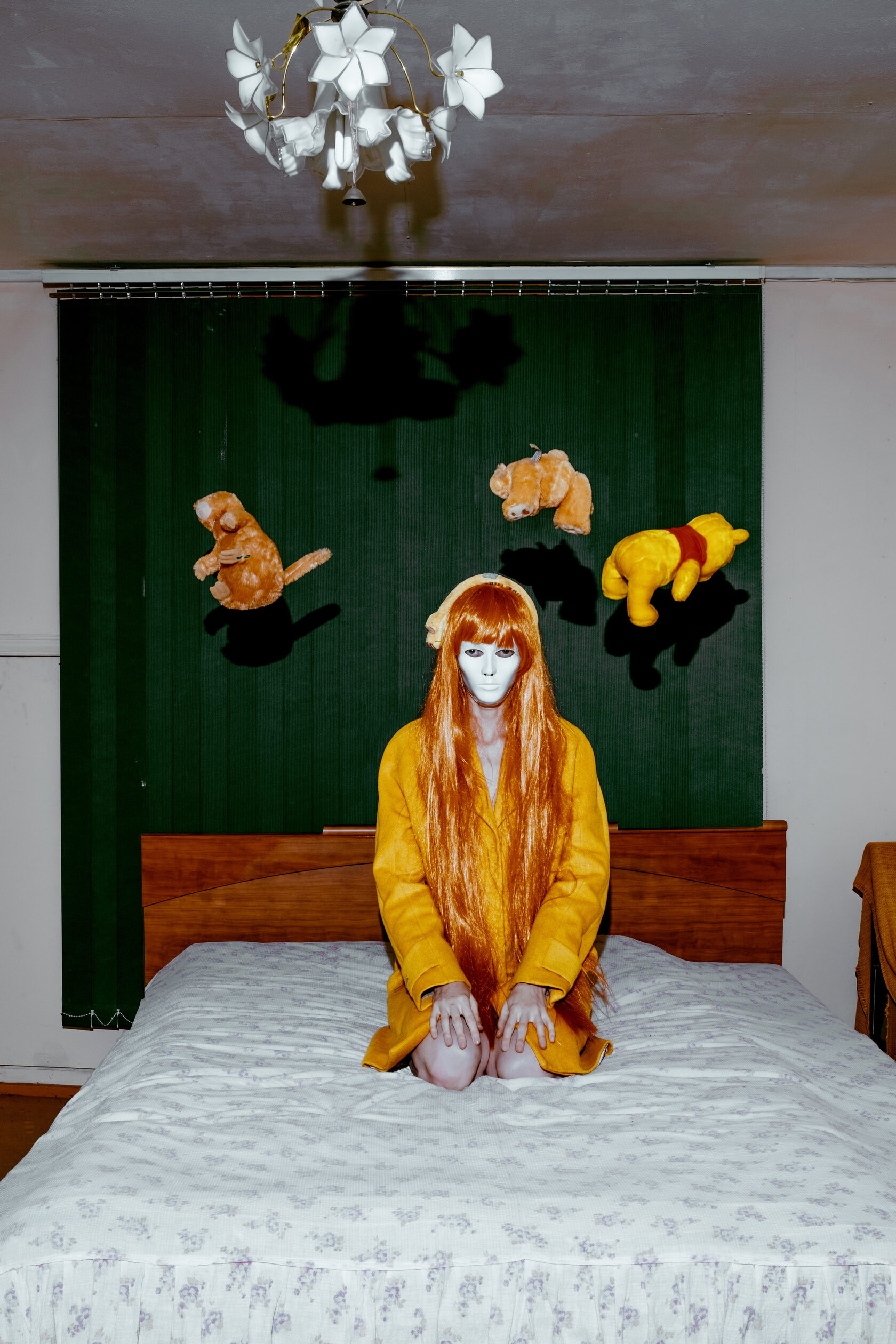


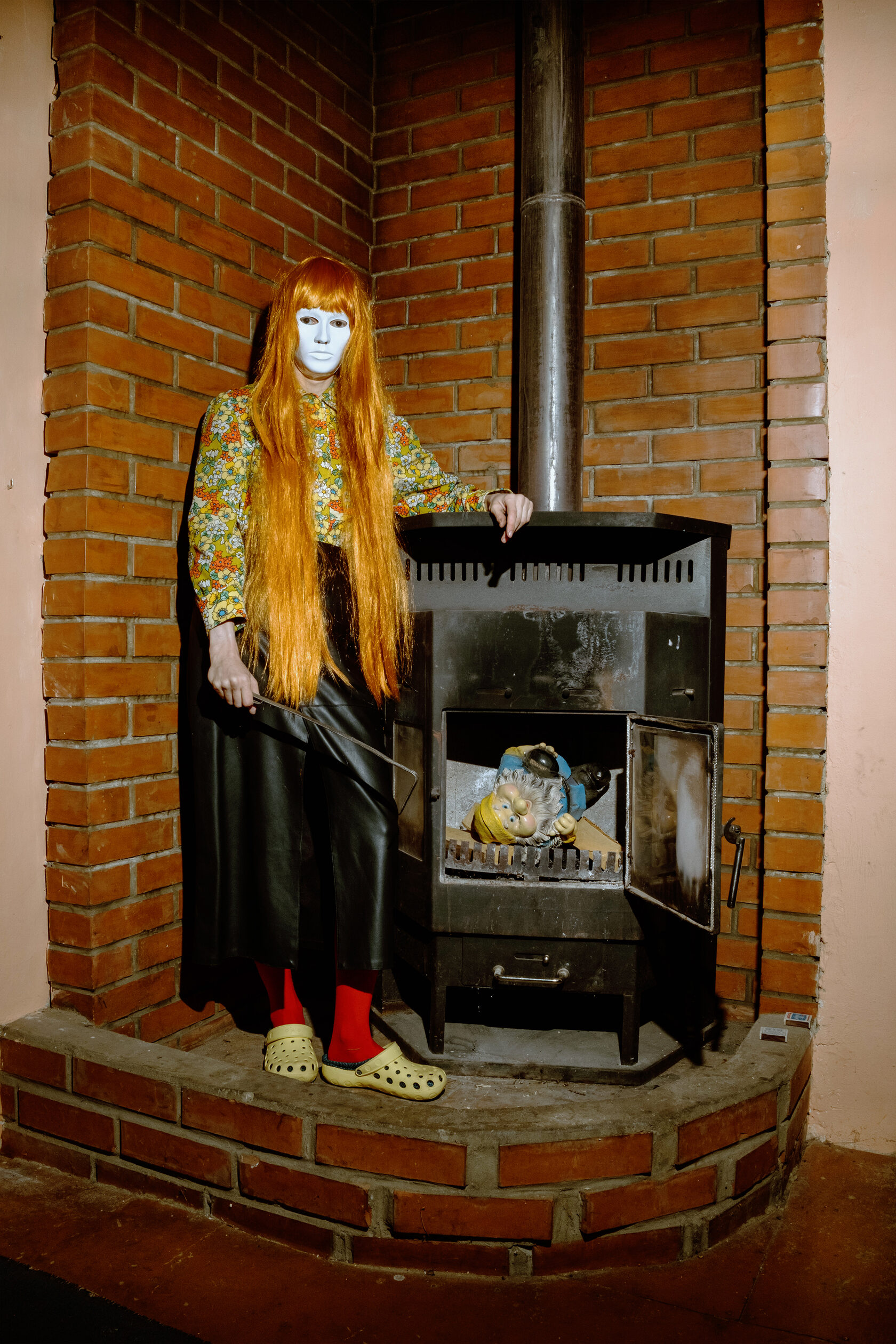


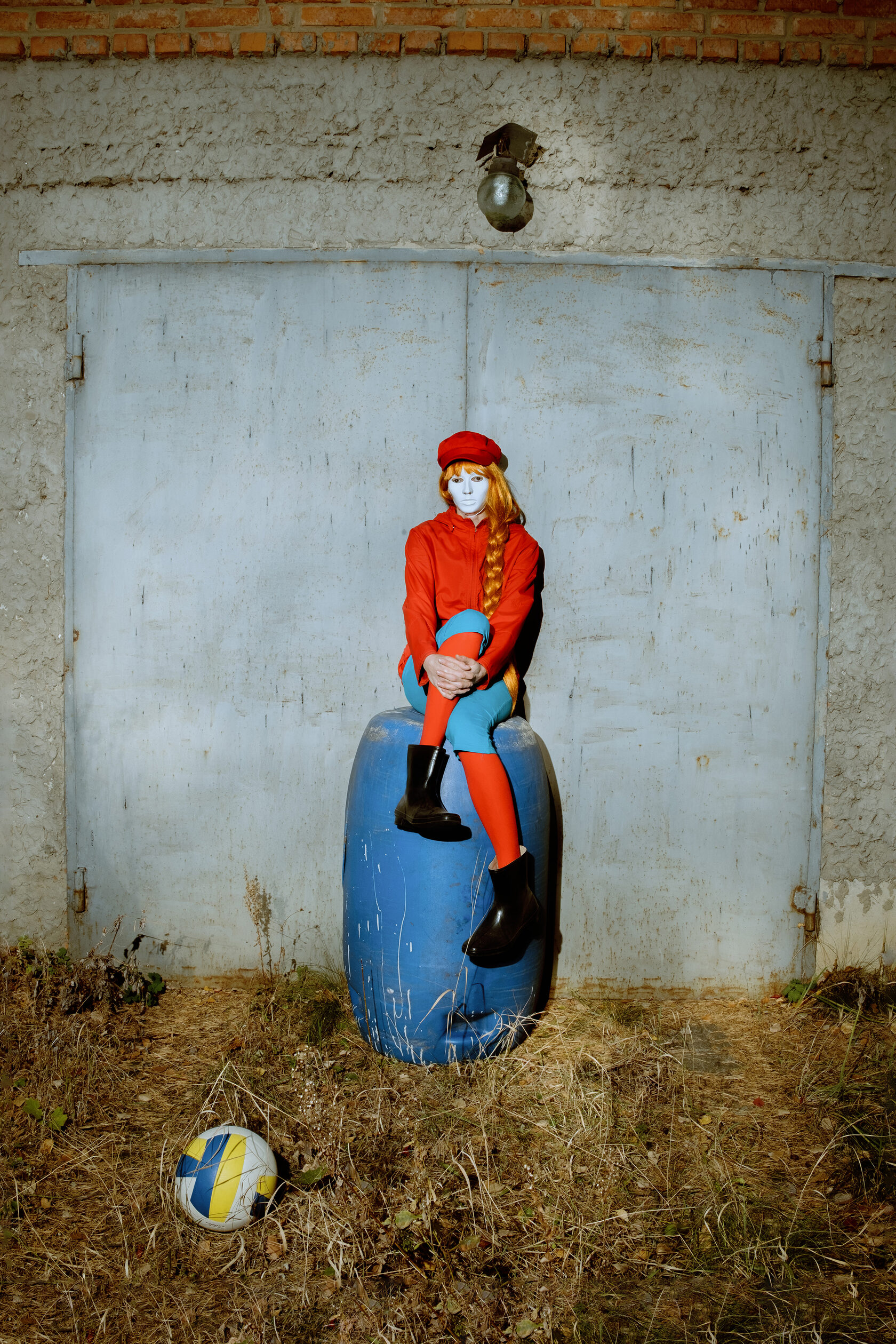

The photo series is based on real architectural structures of various cities around the world, whose architecture and aesthetics evoke cities of the future. The unprecedented speed of technological progress provokes sociotechnological transformations. Urban space, as a key element of social life, undergoes constant changes that affect the existence of the individual.
More and more people strive to create their own unique world that encompasses both the psychological and physical dimensions. This phenomenon, known as SATELLITIZATION in urban studies, implies the development of urban areas beyond the central core. In my opinion, such decentralization will provoke an even greater speed of social changes, both in material and mental aspects.
Satellitization
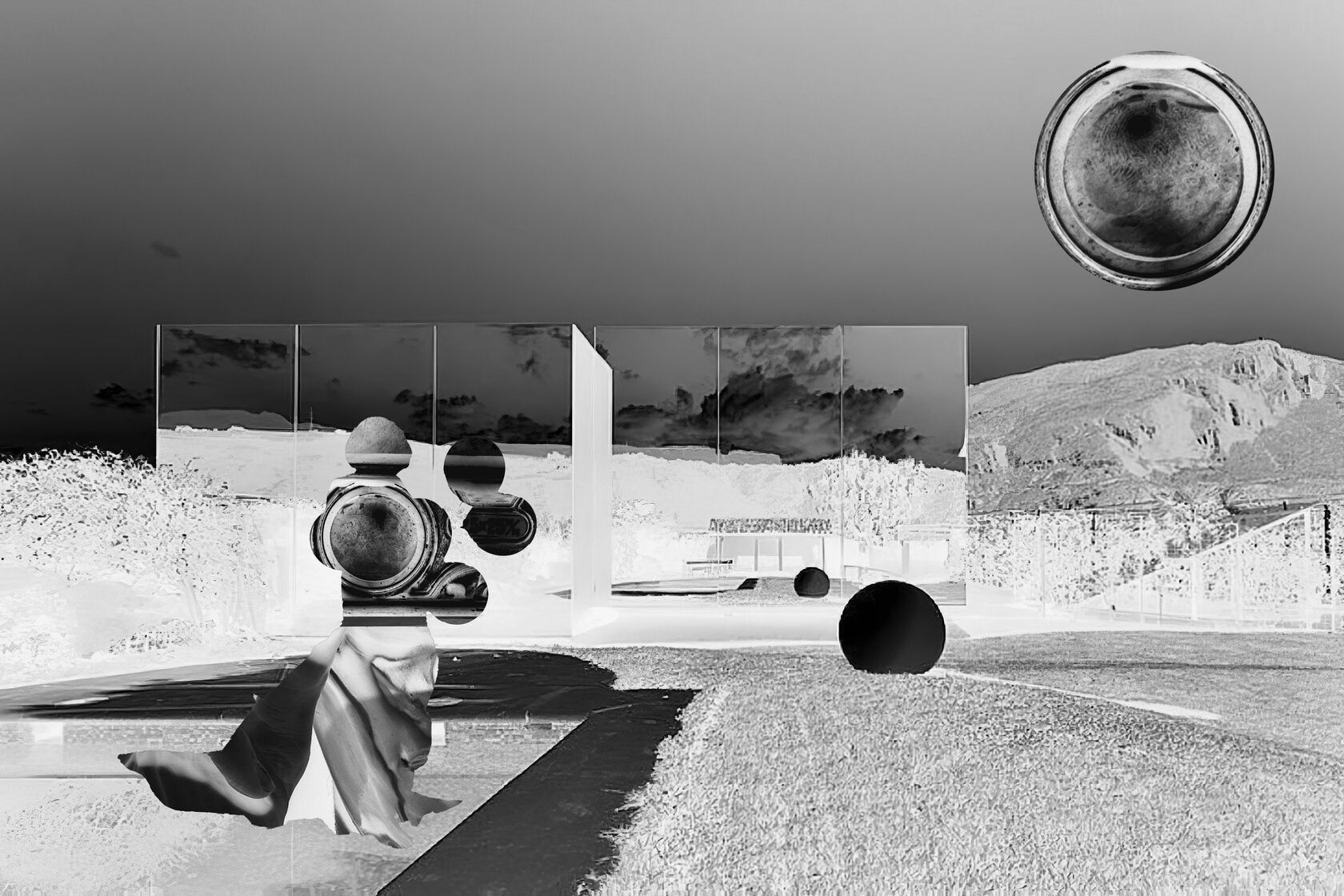

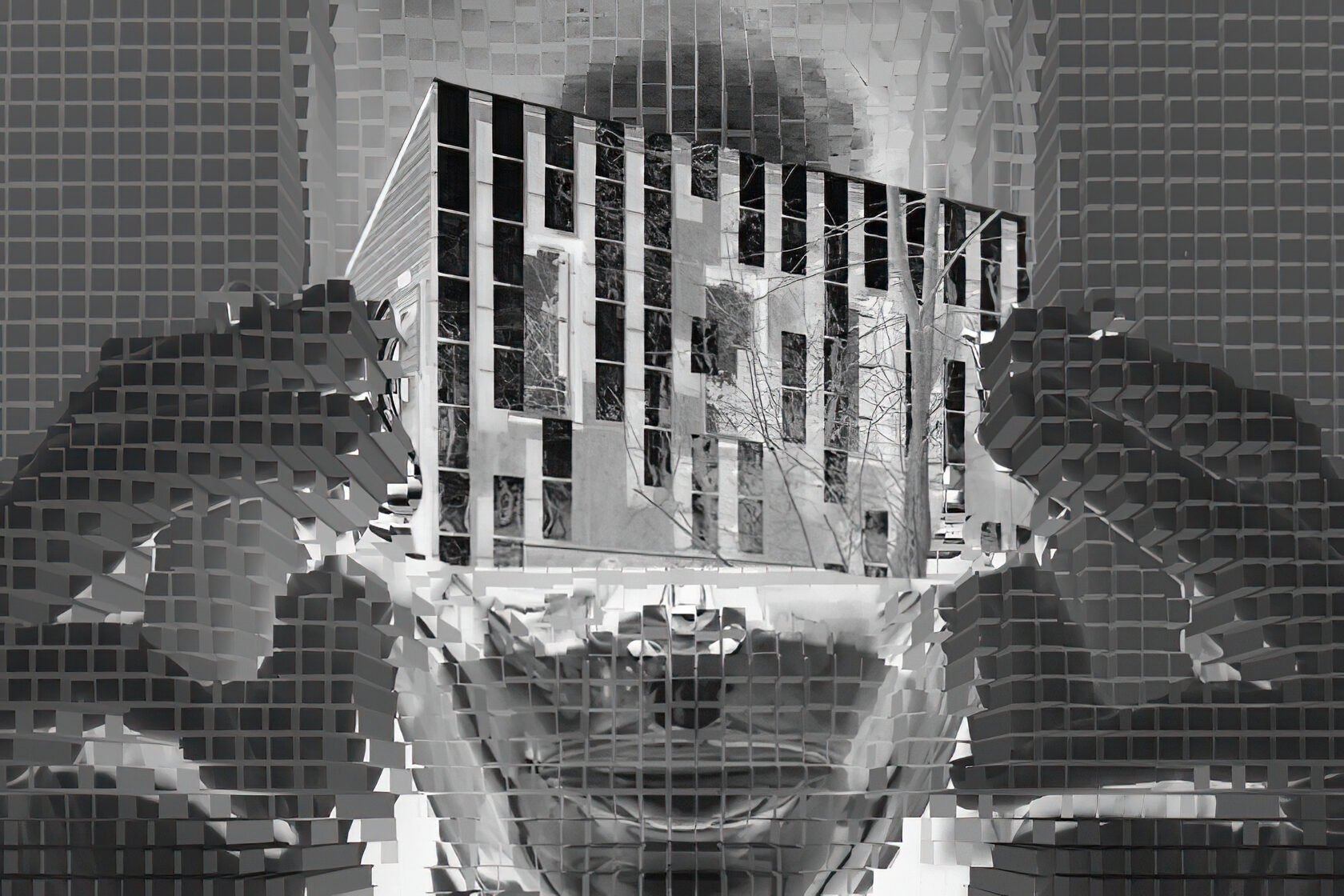


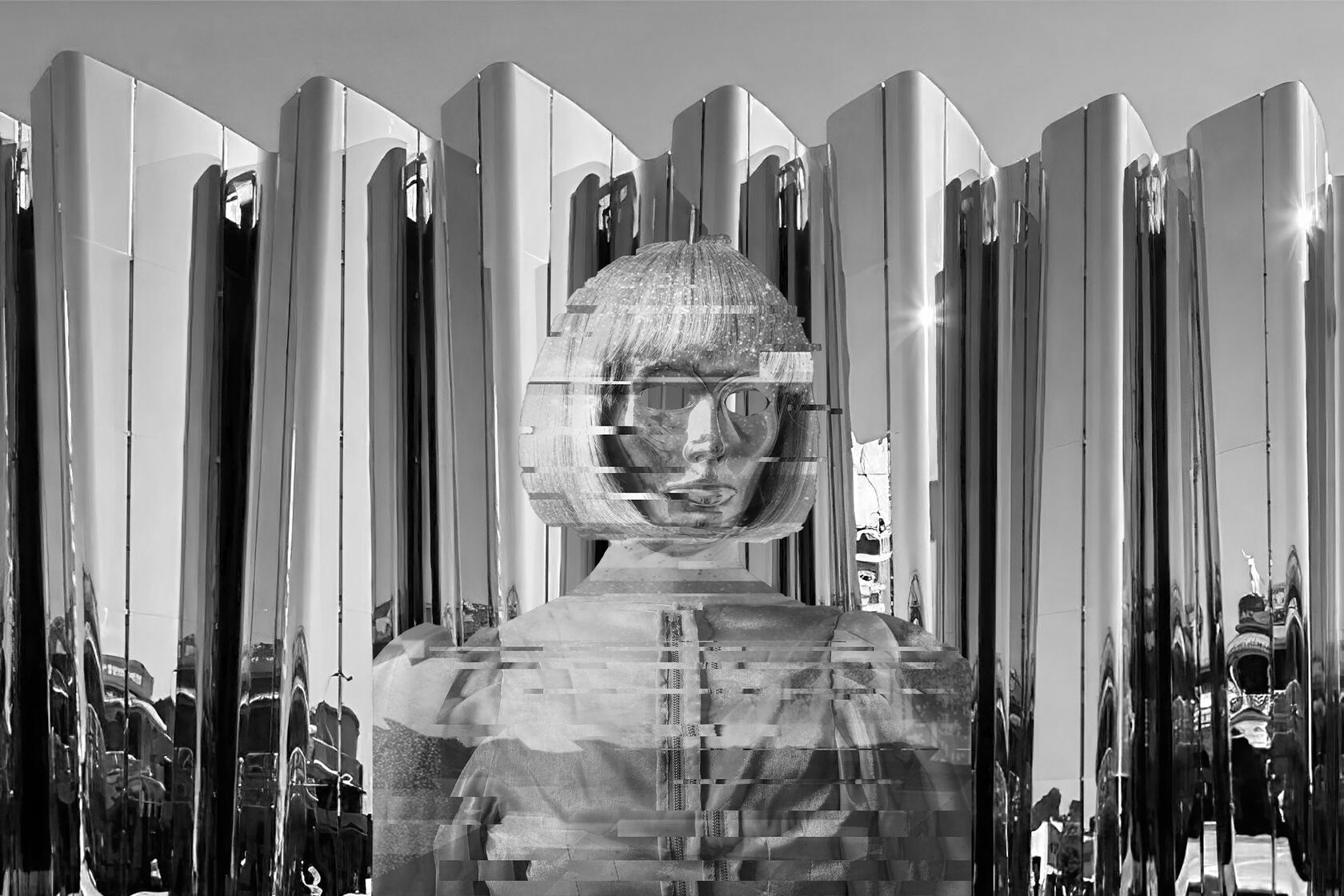
The series is inspired by the ideas of Constructivism.
Constructivism was an artistic and architectural philosophy that originated in Russia beginning in 1913 by Vladimir Tatlin. This movement was in favor of art as a practice for social purposes. Constructivism had a great influence on modern architecture and design, and it was also an important influence on the Bauhaus and De Stijl movements. Its geometric abstraction in art is reflected in the photo series, which draws upon the Constructivist ideals of functionality, modernity, and a devotion to advancing society through design and architecture.
Constructions


